Digestive Herbs for Happy Slow Travel Adventures
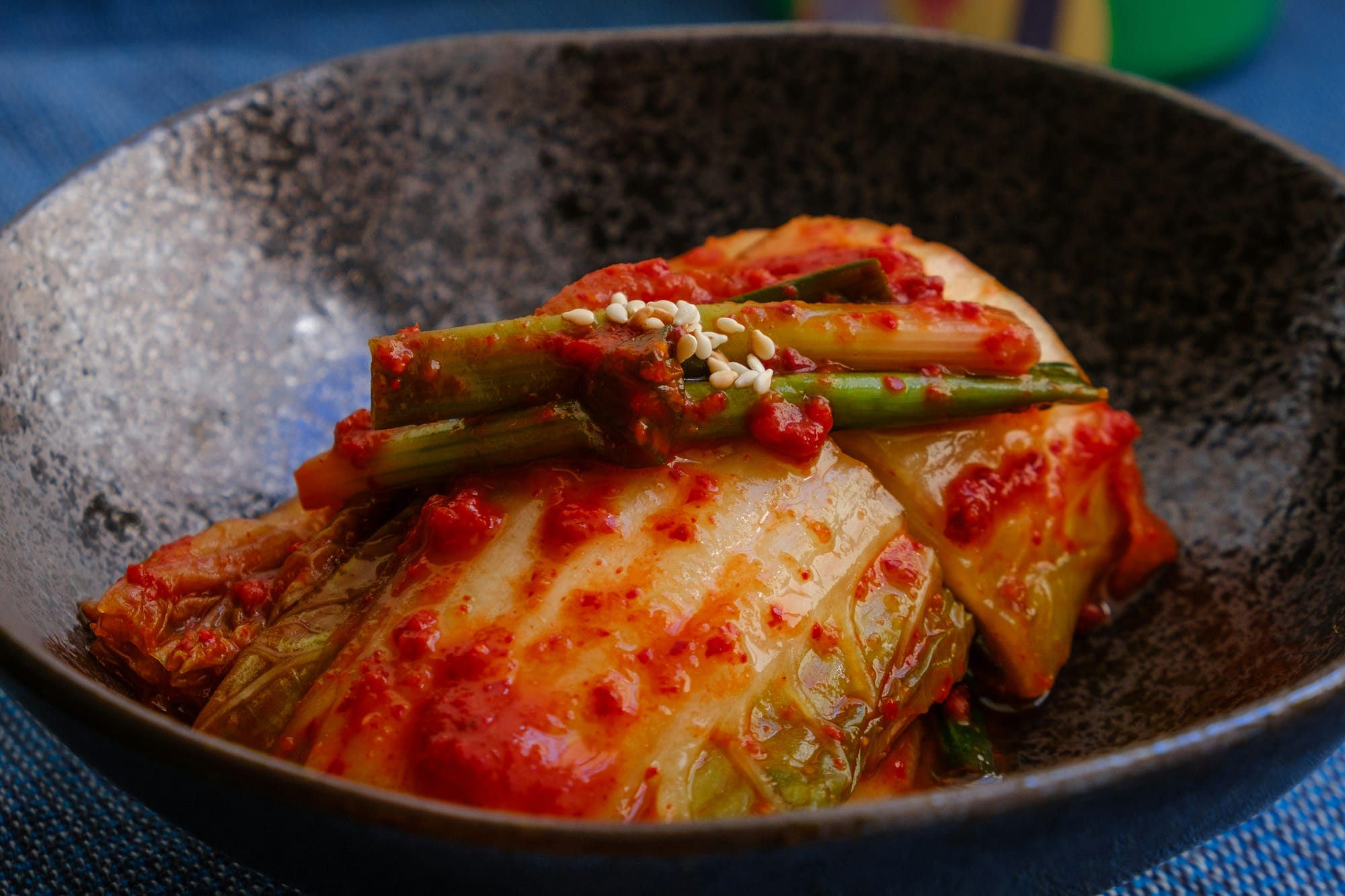
A strong, happy gut is the foundation of health and happiness and stress free slow holidays. The microbiome contains trillions of clever little bacteria and they are your passport to avoiding disease, which starts in the gut. This month, Medical Herbalist Esme Greenway writes about incorporating soothing herbs and teas into your everyday life to build healthy mucosal and to avoid a leaky gut. Then, wherever your slow travels take you this summer and beyond you will be able to enjoy them and savour the local slow food and culture. Enjoy the article, Alison Jane, Editor and Founder.
How to Nurture Optimal Gut Function Before Your Holidays
It goes without saying that nurturing our gut has endless benefits for our body and wellbeing. This is especially true for travelling, as we are more likely come into contact with unfamiliar microorganisms. We may then introduce harmful bacteria into our digestive system, which can result in uncomfortable digestive issues such as nausea, abdominal cramping and diarrhoea. To prevent a vulnerable tummy, whether travelling or not, it’s best to keep your gut at optimal function which will also benefit your immune system in case things go wrong.
Eat Slowly and When You Are Relaxed
Some lifestyle advice to adhere to on a daily basis includes eating in parasympathetic state due to the vital connection between our gut and brain. The parasympathetic nervous system - the ‘rest and digest’ branch of your autonomic nervous system - can be activated by eating slowly and deliberately in a comfortable and relaxing environment.
Eat Organic Bone Broth to Maintain A Healthy Mucosal Barrier
Being cautious of microbe-disruptors such as alcohol, fried foods and highly processed foods will also promote better gut health. Importantly, consuming too much refined sugar damages the intestinal barrier, which increases gut permeability and leads to dysbiosis of the gut microbiota. This disruption of mucosal immunity makes the body more vulnerable to infections. If you are concerned about a leaky gut, there are lots of holistic methods to repair your intestinal barrier, such as consuming bone broth regularly due to it being rich in collagen and essential amino acids.
Try Marshmallow and Plantain Leaf
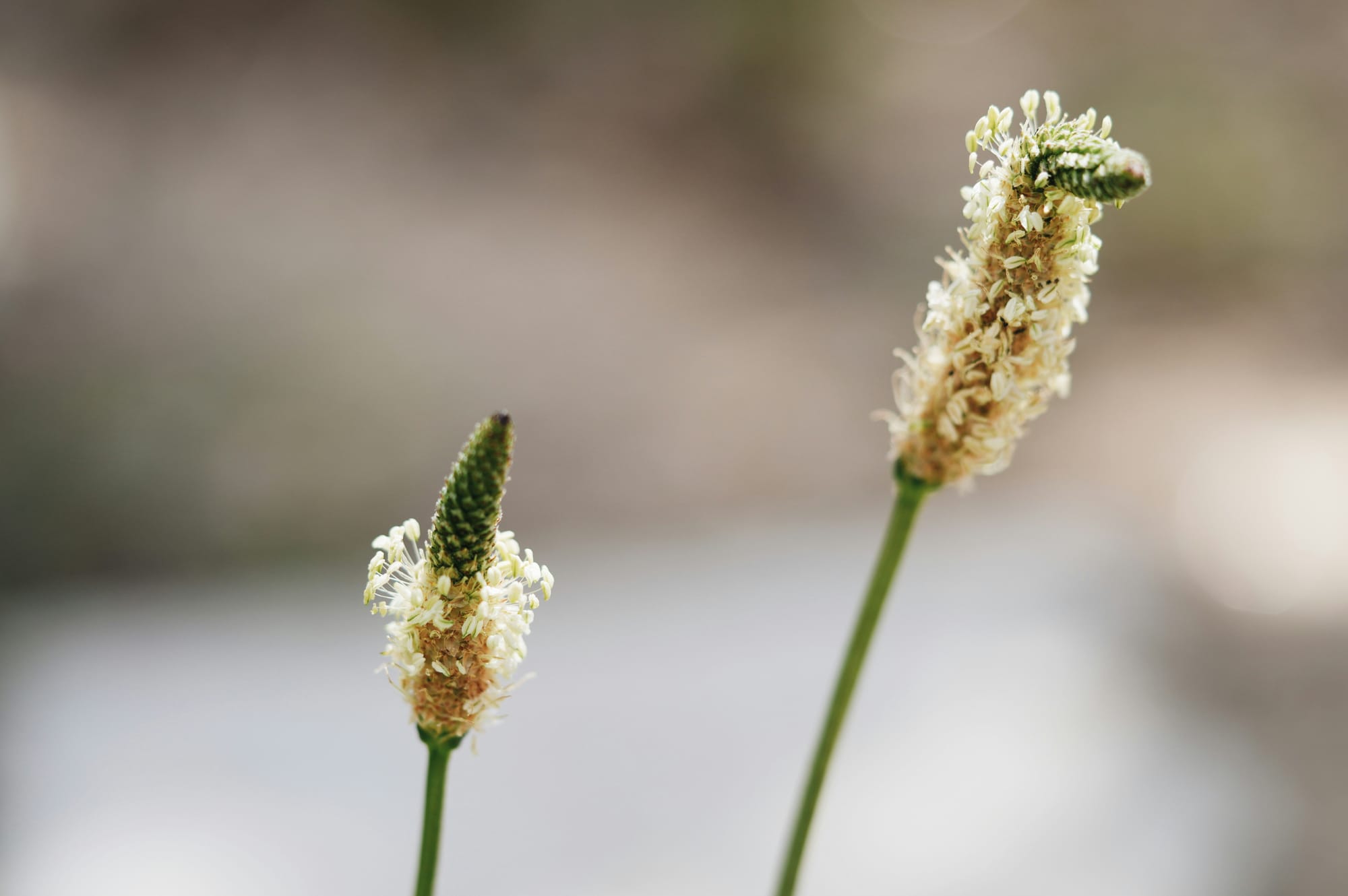
Incorporating gut-loving herbs such as the repairing Plantain leaf and the prebiotic and demulcent Marshmallow root can support the mucus membranes of the gut lining. Probiotic-rich foods include kimchi, kombucha, kefir, full-fat yoghurt and miso but you ought to be careful of these if your stomach is sensitive to fermented foods.
If you are lucky enough to be travelling soon, check out some of my favourite herbs to support digestion when on the go.
Ginger
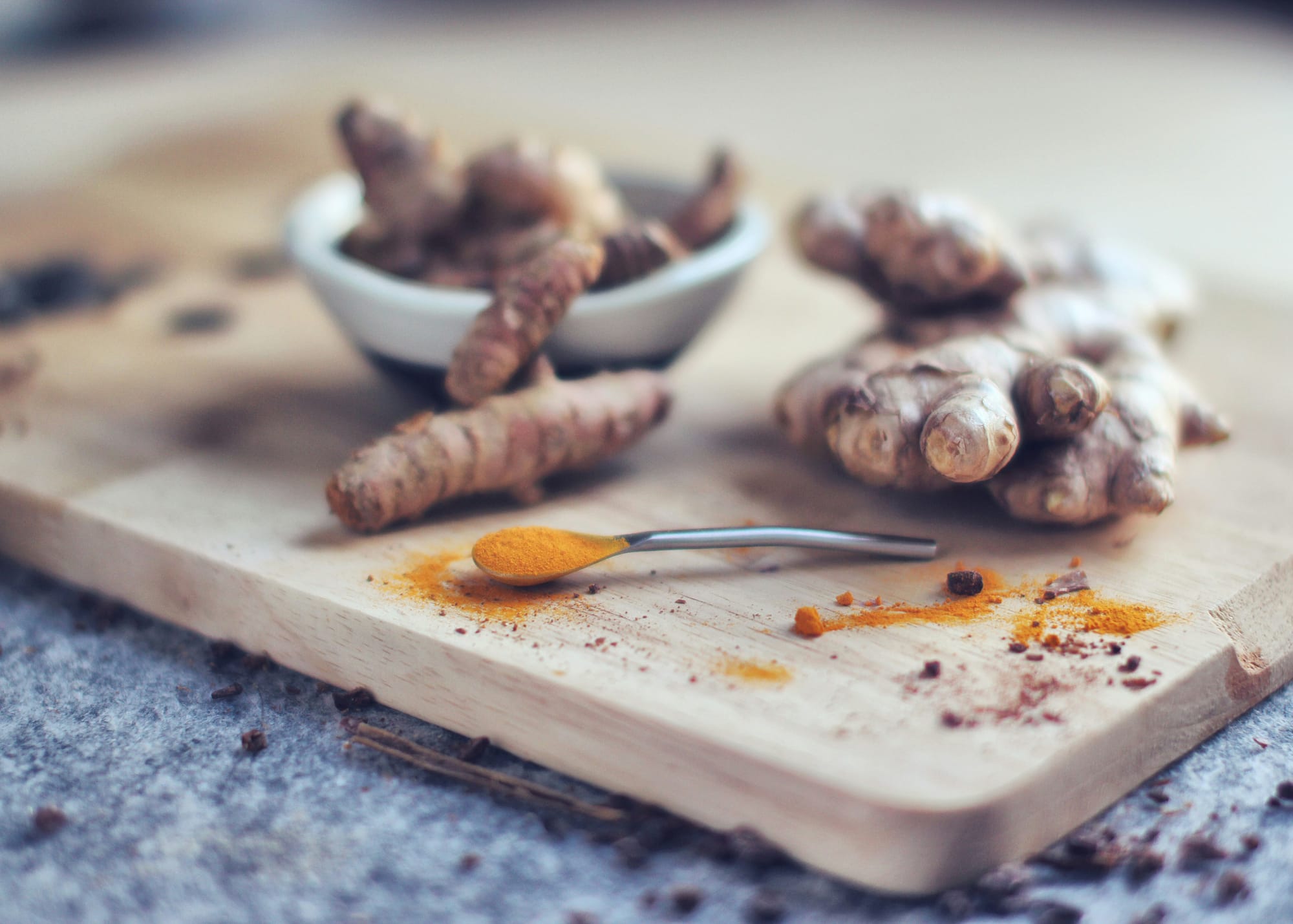
This deliciously warming herb helps settle the stomach when feeling nausea, and its carminative actions help to reduce bloating and gas. I find it really helpful for period-related stomach issues as well as cramping. Ginger chews are great for airplane belly and for stopping your ears pop upon take off.
Fennel
Fennel seeds are an ally for digestion. They promote peristalsis, and can relax the intestinal muscles to help ease elimination. They are packed with essential nutrients like potassium, magnesium, calcium, and manganese. Nutritive herbs are important when travelling, as we often change our diets and rely on easy snacks that might lack fundamental nutrients. I like to chew the roasted seeds, or have them in a tea.
Chamomile
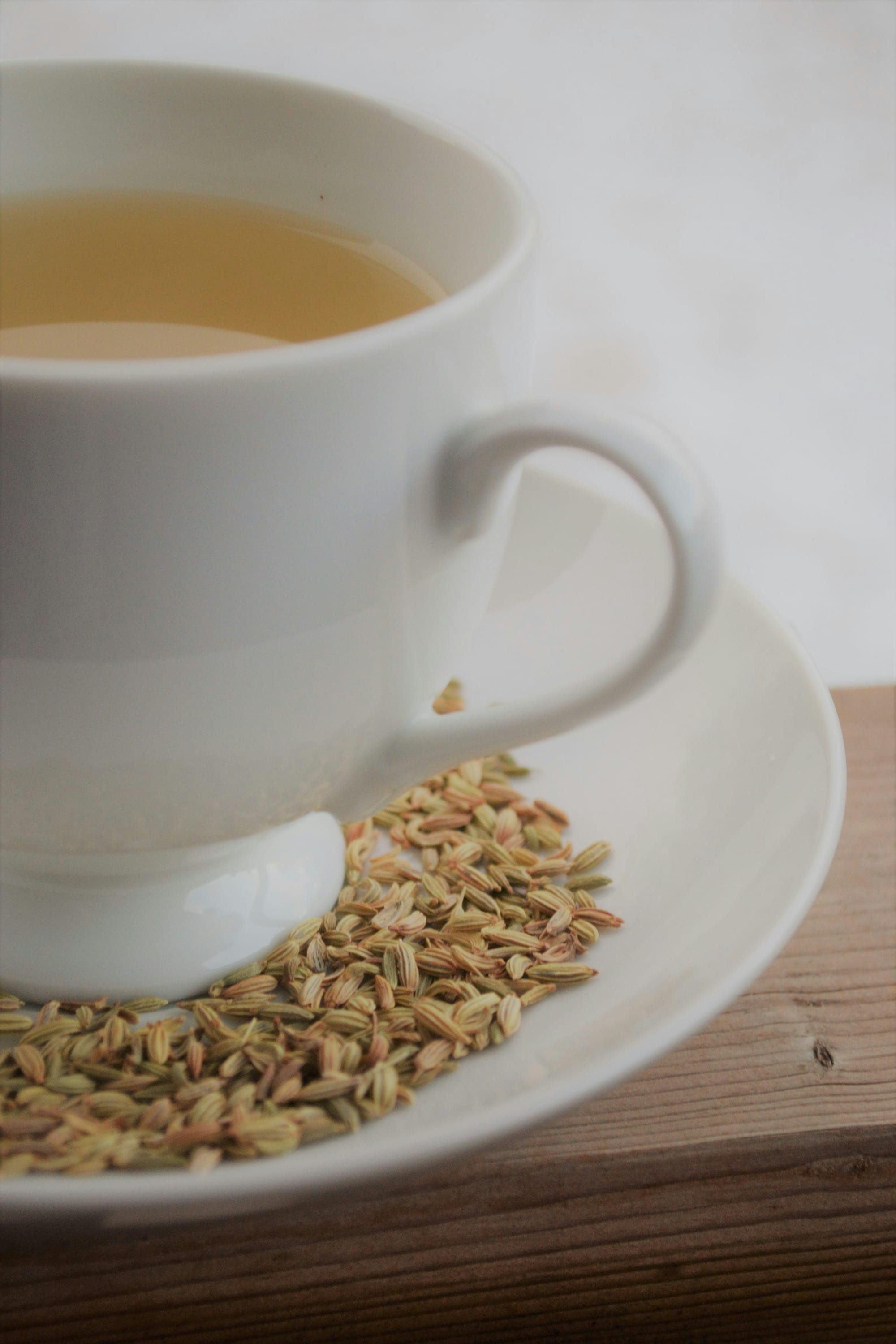
Don’t forget to pack some chamomile teabags when going abroad. This gentle but effective herb helps to modulate inflammation and is anti-spasmodic which is great for calming abdominal pain, indigestion, gastritis and mild diarrhoea. As our brain and gut share an intimate connection, the changing environment that travel brings can cause stress which can impact our digestion. Chamomile is an anxiolytic herb, and promotes relaxation. Drink the tea before bed to allow your body to become well-energised for digestion.
Bitters
A blend of bitter herbs is essential as they prime our gut by stimulating digestive function. Bitters support saliva secretion, peristalsis and healthy bowel movements. Although capsules are super convenient when travelling, I highly recommend having a tincture of bitters dropped on the tongue as a big part of their medicinal action come from their bitter taste. Most bitter blends also contain diuretic herbs, which are helpful for alleviating swelling that can occur on long flights.
Peppermint
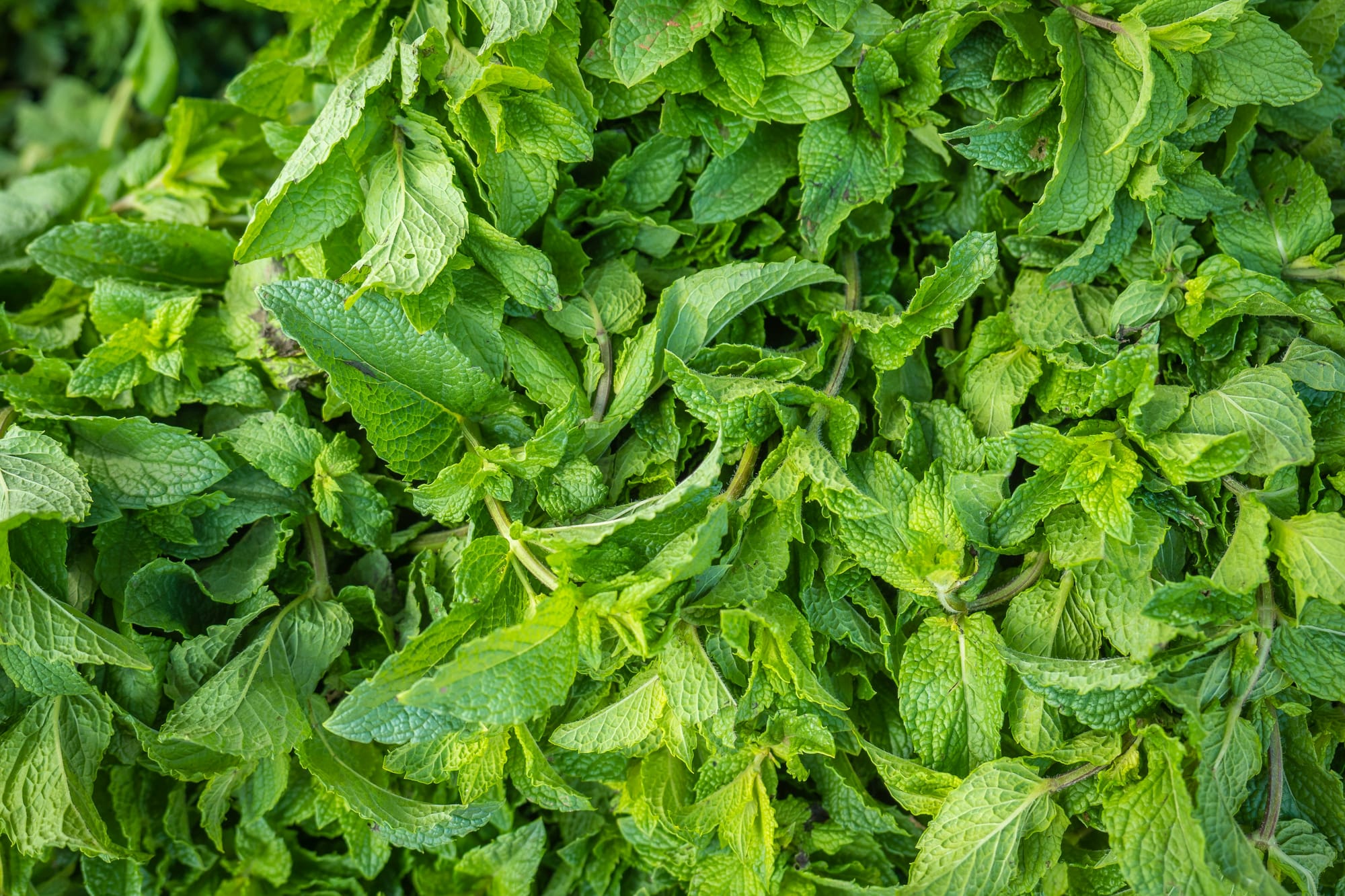
A brilliant digestive support method is beginning the meal with some bitter drops to stimulate digestion, and finishing it off with a warm cup of peppermint tea. Peppermint is traditionally used to improve the flow of bile, a fluid secreted by the liver to help digest fats. It also helps reduce bloating, gas and abdominal pain. If you are not fond of the tea, pharmacies commonly stock peppermint oil capsules.
Psyllium husk
The prebiotic husks of the Plantago ovata plant is rich in soluble fibre which soaks up liquid in the digestive tract, easing vacation constipation. Its demulcent properties help to improve the regularity of bowel movements, and can soothe the mucus membranes in our gut. This is useful for throat irritation, reflux and heartburn. Stay hydrated, reduce alcohol intake and eat lots of fibre-rich foods to prevent constipation ruining your travels.
Bonus remedy
This one isn’t a herb, but I absolutely have to mention activated charcoal. Charcoal is adsorbent, it acts as an adhesive for bacteria and other toxins that may negatively impact your health. It's commonly used in urgent cases of toxic overload and is suitable for those common stomach bugs contracted when abroad. While charcoal-infused water is sometimes available, capsules are the most portable and common form for travel purposes.
Ask a Local About Herbs to Try
When away, I always like to ask the locals for their recommendations on herbs to try. I find this a great way to learn about a culture in a way that provides a multi-sensory learning experience, whilst supporting age-old herbal traditions as well as local farmers. Wherever you are, they will likely be some exciting herbs that you may have not tried before.
Get in Touch with Esme for Herbs to Go!
If you’re looking for any of the herbs mentioned, whether travelling or not, get in touch with me. I can dispense herbs in bottles small enough for a backpack pocket or glove box, or under 100ml so you can pass through hand luggage checks quickly!
For more information or to book a consultation or discuss a herbal remedy, visit Esme Greenway Medical Herbalist at Medifolia.
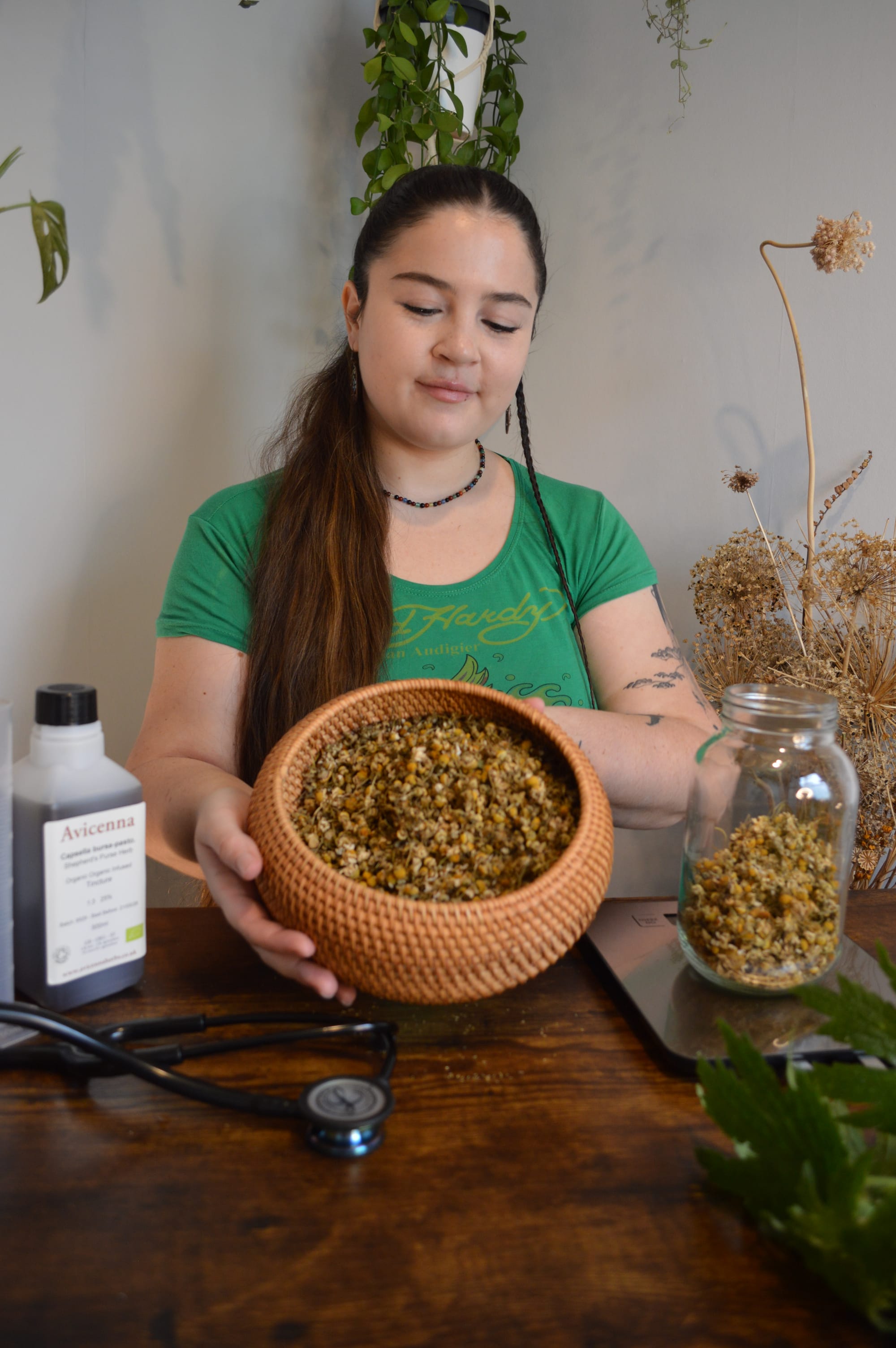
Esme Greenway (she/her)Clinical Herbalist
Owner | MEDIFOLIA
esme@medifolia.com
instagram | medifolia.com
Copyright Alison Jane Reid/The Luminaries Magazine /Esme Greenway. All Rights Reserved. No Copying In Any Format Whatsoever. Pictures By Permission of Unsplash. Picture of Esme Greenway, Courtesy of the Author.






